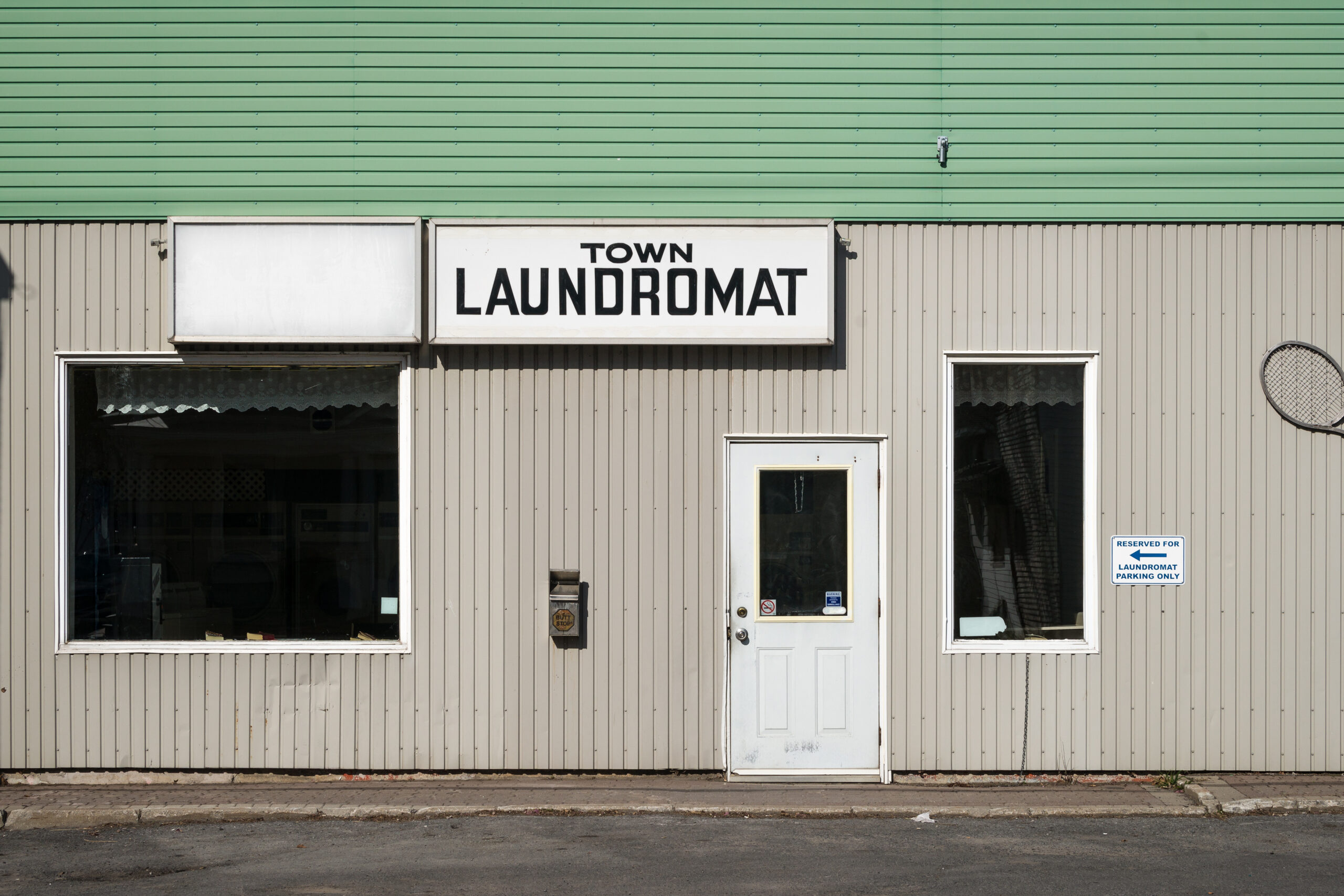Laundromats serve a wide range of people from all walks of life, not just those without home laundry machines. As urban density grows and more people live in apartments, shared laundry facilities or laundromats become part of everyday life. The customer base is more diverse than many assume, including students, seniors, busy professionals, and even small businesses. Understanding who uses laundromats—and why—helps owners better tailor their services, hours, and amenities. This insight can also inform marketing strategies and service upgrades to meet evolving needs.
Renters Without In-Unit Laundry Access
A significant portion of laundromat customers are renters who live in apartments or multifamily housing without in-unit washers and dryers. These customers may have limited space, older buildings, or unreliable shared machines in their complex. Laundromats offer them speed, reliability, and access to large-capacity equipment. They typically wash once or twice per week and value cleanliness, safety, and time-saving options. Many of these customers prefer laundromats with digital payment and folding space.
- Often live in dense urban neighborhoods
- Use laundromats as their primary wash location
- Prefer convenience, clean facilities, and quick service
- Likely to visit at off-peak times to avoid crowds
- Respond well to loyalty programs and mobile payment options
Students and Young Adults
College students and young professionals frequently rely on laundromats near campuses, urban cores, or shared housing. This group values mobile-friendly features, Wi-Fi, and the ability to multitask while doing laundry. Many do not own a car, so proximity and walkability are critical. They often wash on weekends or evenings and may bring study materials or use their phone while they wait. Promotions and tech integration can strongly influence their loyalty.
- Often live in dorms or shared rental housing
- Prefer modern laundromats with Wi-Fi and app-based payments
- Use carts, folding tables, and detergent vending machines
- May also use wash-and-fold for convenience
- Attracted to time-based discounts and student-specific deals
Busy Families and Working Professionals
Many laundromat customers have washers and dryers at home but choose laundromats to save time with larger or bulk loads. Families with lots of laundry find that commercial machines speed up the process by handling more clothes per cycle. Working parents and professionals often look for drop-off laundry service, pickup and delivery, or weekend convenience. These users expect reliability, cleanliness, and respectful service. Building trust with this segment can lead to recurring business and higher average ticket sizes.
- Use laundromats for bedding, towels, or large family loads
- Often value wash-and-fold or express service options
- Visit during evenings or weekends
- Expect a clean, well-lit, and safe environment
- Will pay more for convenience and reliability
Small Businesses and Commercial Accounts
Laundromats are increasingly used by small businesses like spas, gyms, massage clinics, restaurants, and cleaning services. These businesses need consistent laundering of linens, towels, uniforms, or cleaning cloths. Many laundromats offer commercial contracts, scheduled pickups, or bulk pricing to accommodate them. Business customers are dependable, recurring sources of revenue and often require large-capacity washers and same-day turnaround. Building commercial relationships can boost utilization during slow hours.
- Require consistent, high-volume service
- Often need same-day or next-day turnaround
- Value reliability and clear invoicing
- May sign long-term service agreements
- Use machines during off-peak hours to avoid crowds
Seniors and Retirees
Seniors who no longer want to manage laundry at home or who live in retirement communities without machines may use laundromats regularly. This group values safety, ease of use, and help from attendants if available. Clear signage, bright lighting, and physical accessibility are important considerations for these customers. Seniors are also loyal customers when they find a laundromat that treats them with respect and care. Providing seating, carts, and slower-paced service helps build trust with this audience.
- Prefer safe, clean, and quiet laundromats
- May need assistance with machine loading or settings
- Often visit during daytime hours
- Value consistency, helpful staff, and simple instructions
- Respond well to senior discounts or loyalty rewards
Travelers, RV Owners, and Tourists
Laundromats located near RV parks, hostels, or travel hubs often serve short-term visitors. These customers usually need quick turnaround service and benefit from clear signage and simple payment options. Providing helpful amenities like change machines, vending, and free Wi-Fi enhances the experience. These customers are unlikely to return regularly, but strong service can earn positive reviews. If your laundromat is near a tourist corridor, multilingual instructions and clear pricing can help attract this segment.
- Use laundromats during trips or road travel
- Value convenience, speed, and availability
- Often wash during the day while sightseeing
- Appreciate clear, accessible instructions
- Prefer card or app payments over coins
Conclusion
The laundromat customer base is diverse, spanning renters, students, professionals, families, seniors, and business clients. Each group has unique needs, behaviors, and service expectations—but all value clean facilities, efficient machines, and reliable operations. By understanding who uses laundromats and tailoring services to match, owners can grow loyalty, boost revenue, and stand out in a competitive market. The more you know about your customers, the better you can serve them—and the more your business will thrive.
- Renters without machines are frequent core users
- Students and young professionals value convenience and tech
- Families and busy professionals need speed and service options
- Businesses bring recurring revenue with bulk laundry needs
- Seniors appreciate safety, help, and simplicity
- Travelers rely on fast, accessible service




